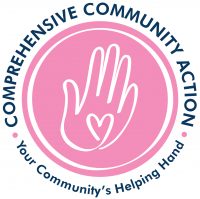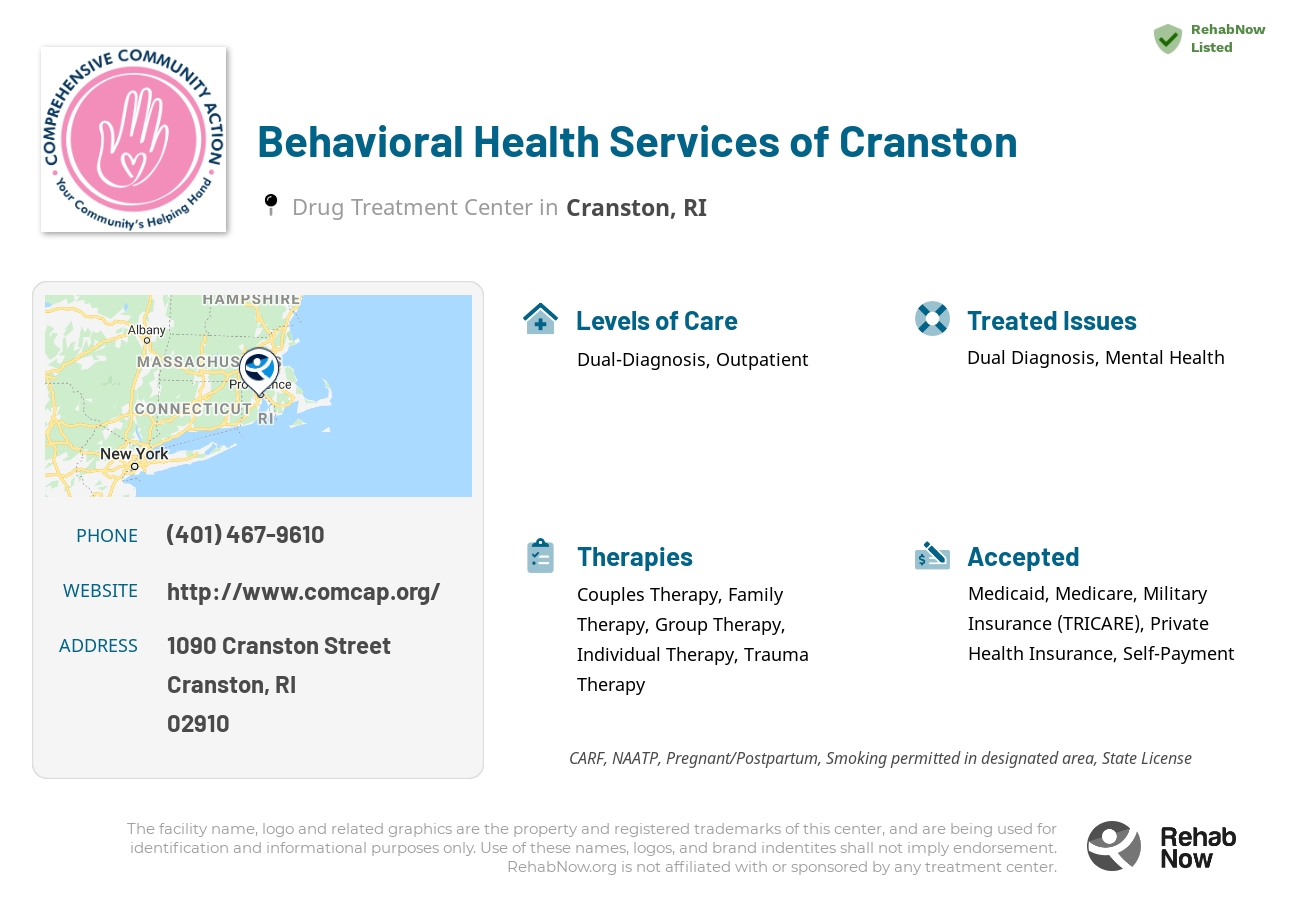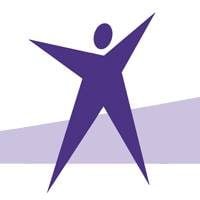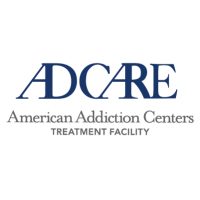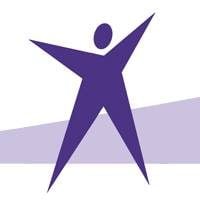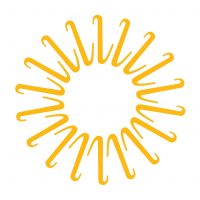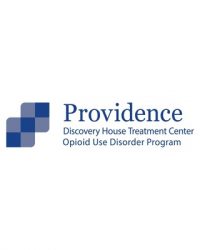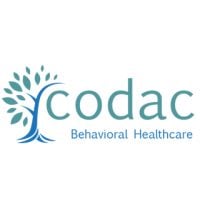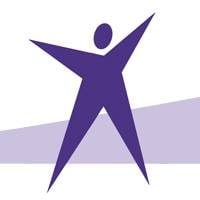Behavioral Health Services of Cranston
Drug Rehab Center in Cranston, Rhode Island
Behavioral Health Services of Cranston is a comprehensive addiction treatment facility in Rhode Island specializing in treating drug and alcohol addictions, mental health issues, and providing evidence-based therapies to help clients achieve long-term sobriety.
About Behavioral Health Services of Cranston in Rhode Island
Behavioral Health Services of Cranston is located in Cranston, Rhode Island and provides specialized treatment for individuals with substance abuse and addiction issues. This accredited facility offers a wide range of services, including dual diagnosis, detox, outpatient and other levels of care. Their multidisciplinary team of experts provide personalized and comprehensive care that focuses on holistic healing in order to help patients overcome their addictions and lead productive, healthy lives.
At Behavioral Health Services of Cranston, their treatment programs provide a combination of evidence-based and holistic therapies to meet the individual needs of each patient. Their services include cognitive behavior therapy, individual and family therapy, group therapy, medication management, relapse prevention, and life skills training. In addition, their facility is accredited by The Joint Commission (JCAHO) and accepts private health insurance as a form of payment. This ensures that patients receive the highest quality of care in a secure and safe environment.
Genders
Ages
Modality
Additional
Accreditations

JCAHO
Conditions and Issues Treated
Opioid addiction treatment should be done in a medically supervised drug rehab. While taking opioids, users will typically use other substances to enhance the effects of opioids or to reduce the adverse effects of opioid use. Opioid addiction treatment will include detoxification and drug rehab counseling to help both the user and their loved ones learn how to live a successful sober lifestyle.
Treatments such as methadone, buprenorphine, and naltrexone are three medications that can help treat opioid addiction. These drugs work on the brain’s pleasure center and reduce cravings and the effects of illicit opioids such as heroin. These drugs can be either given orally or by injection. Individual drug rehab counseling sessions can be helpful to discuss any questions or concerns with the drug treatment program. This counseling will also help the user set goals for when they finish drug rehab.
Opioid addiction recovery is a long process. Many of the changes to the brain caused by opioid use cannot be undone, but with time and the proper treatment, a person can return to normal function. After detox, treatment will include drug rehab counseling and entering a halfway house or sober living community. Aftercare is critical to long-term recovery, as it helps the user avoid relapsing and entering back into drug rehab.
Levels of Care Offered
This center offers a variety of custom treatment tailored to individual recovery. Currently available are Detox, Dual-Diagnosis, Outpatient, with additional therapies available as listed below.
An addict may have to go through alcohol or drug withdrawal. While detox may be uncomfortable, it is not life-threatening. Detoxification allows the addict to rid the body of all traces of drugs or alcohol and gives the addict a clean slate for their recovery. In an inpatient or outpatient setting, detox can be managed medically.
“Outpatient treatment is ideal for those who have a lower intensity addiction. It’s also suitable for those with a supportive environment and those on a tight budget.
Outpatient treatment can be considered the lowest intensity level of addiction treatment. It is ideal for early phase addiction or lower intensity addictions. It may involve weekly sessions instead of daily. Peer group support, 12-step programs, and individual counseling may still be used and anti-addiction medication.
Therapies & Programs
No single treatment works for all addicts; therefore, the goal of treatment and therapy should be to find what works best for each individual. Some people requiring addiction treatment may only need a few weeks of inpatient care. Others will require long-term residential care. Tolerance and withdrawal levels vary from person to person and thus affect the intensity of the treatment needed.
If an individualized approach to treatment and therapy is not offered, addicts may fail to reap benefits from their efforts. Professionals must customize plans according to their patient’s needs, limitations, and strengths. The goal of all forms of addiction treatment should be for addicts to find healthy ways to cope with their addiction and its underlying causes.
Couples therapy for drug addiction is a unique form of therapy that allows family members to work through the emotional issues of their loved one’s addiction together. Family members can support each other while learning how to cope with the addiction and encourage healthy changes.
Accordingly, couples therapy for drug addiction is designed for an addict and their significant other or spouse. The two will work with a therapist to learn how the addiction affects themselves and the relationship and how to break the negative patterns of behavior that may have developed.
Drug addiction can destroy a person’s life, as well as their family and friends. The loss of one’s ability to choose how to live and behave often leads the addict into depression, anger, guilt, and many emotional problems.
The therapies usually include siblings, children, and parents who are involved in their daily lives. These sessions are vital because they address past issues that may have hampered an addict’s or alcoholic’s recovery and provide support at a crucial time!
One of the most critical aspects of family therapy is helping addicts’ loved ones see their situation in a new light. It’s also one of the most challenging things a family can do when a loved one struggles with addiction or alcoholism.
Group therapy is held in a safe, controlled setting where patients can feel comfortable sharing their struggles and gaining perspective through shared conversations. It takes place in a group rather than one on one to prevent feelings of isolation or being unique in their situation while creating an environment for addicts at Behavioral Health Services of Cranston to develop fellowship, accountability, and support. Group therapy is an important tool in recovery that prevents cravings that prompt a return to active addiction.
This type of therapy involves the use of a variety of therapeutic techniques to help addicts recover from past traumas that might have triggered their substance abuse. During these sessions, therapists will work with the addict to address painful memories and learn how to cope effectively with stressors as they arise.
During these types of sessions, therapists will typically focus on three main goals:
- Identifying and expressing painful emotions associated with past traumas.
- Reducing the effects of stress on an addict’s life by developing more effective coping mechanisms.
- Developing healthy ways of thinking about stressful situations that can help addicts avoid substance abuse issues in the future.
This type of therapy is typically used in conjunction with other types of addiction treatment services. By identifying and dealing with the root cause of addiction, most addicts can overcome their cravings and prevent relapse once they leave rehab.
Many different types of addiction treatment services exist to help addicts safely get sober, but it’s important for recovering individuals to find a therapist or support group that will help them address the root cause of their addiction.
Cognitive-behavioral therapy is a talking-based method that helps people struggling with addiction replace destructive behaviors with healthier ones. CBT also helps them identify the underlying thoughts and beliefs that cause these behaviors in the first place and ways to control those thoughts and feelings. It can be administered as a holistic therapy or as part of combination therapy and—as opposed to turning to drugs and alcohol—helps addicts learn how to respond to negative thoughts instead.
When you leave a healthy lifestyle behind to live as an addict, your body becomes unbalanced. Nutritional deficiencies gradually creep in, and before you know it, you’re facing severe health problems. For people who are trying to kick their drug addiction, nutrition therapy at Behavioral Health Services of Cranston is a great tool. It helps restore balance to the body, and for many addicts, it represents the first step on the road to recovery.
Nicotine replacement therapy is a way for people to get the nicotine they are addicted to without having to smoke cigarettes. There are several different types of devices that have been approved for NRT. Studies have shown that all NRTs work better than placebo (fake treatment). NRT helps smokers get nicotine into their system without resorting to smoking and experiencing aggressive withdrawal symptoms. Coupling NRT with counseling and other means of support gives long-term smokers a better chance of removing their unhealthy habit.
Payment Options Accepted
For specific insurance or payment methods please contact us.
Is your insurance accepted?
Ask an expert, call (888) 674-0062
Additional Details
Specifics, location, and helpful extra information.
Cranston, Rhode Island 2910 Phone Number(401) 467-9610 Meta DetailsUpdated November 25, 2023
Staff Verified
Behavioral Health Services of Cranston Patient Reviews
There are no reviews yet. Be the first one to write one.
Cranston, Rhode Island Addiction Information
Although Rhode Island is the smallest state, it is not immune to the rampant drug and alcohol crisis sweeping the country. Between 2008 and 2017, 16.8% of all deaths in the state were caused by either drugs or alcohol. Fentanyl is used by drug dealers to cut heroin, and is 30 to 50 times stronger than heroin.
According to recent statistics, in Cranston, Rhode Island, there are approximately 3,700 people in Cranston who struggle with addiction to drugs or alcohol. Over 1,600 admissions to drug and alcohol rehabs in Cranston in 2016. This means that drug addiction and abuse are major problems in the community, costing taxpayers millions of dollars each year. A wide range of drug rehab programs is available in Cranston depending on the individual's needs.
Treatment in Nearby Cities
- North Kingstown, RI (16.6 mi.)
- Greensboro, RI (602.3 mi.)
- Wakefield, RI (24.9 mi.)
- Narragansett, RI (24.0 mi.)
- Newport, RI (22.3 mi.)
Centers near Behavioral Health Services of Cranston
The facility name, logo and brand are the property and registered trademarks of Behavioral Health Services of Cranston, and are being used for identification and informational purposes only. Use of these names, logos and brands shall not imply endorsement. RehabNow.org is not affiliated with or sponsored by Behavioral Health Services of Cranston.
